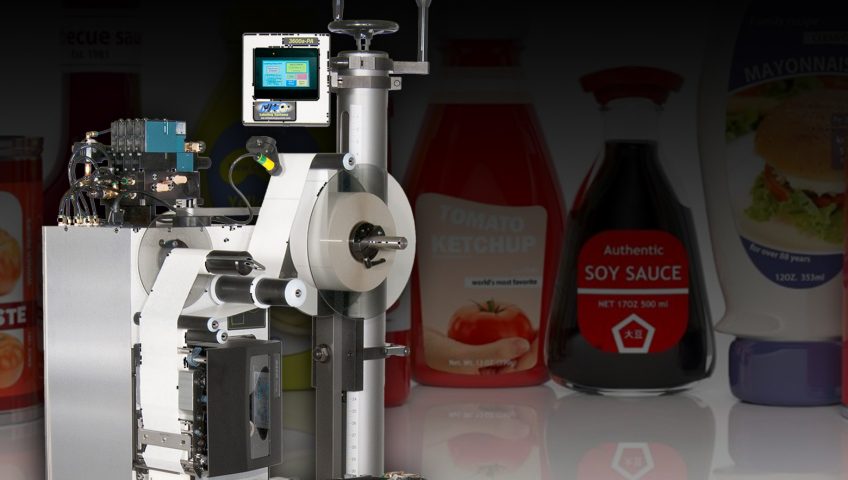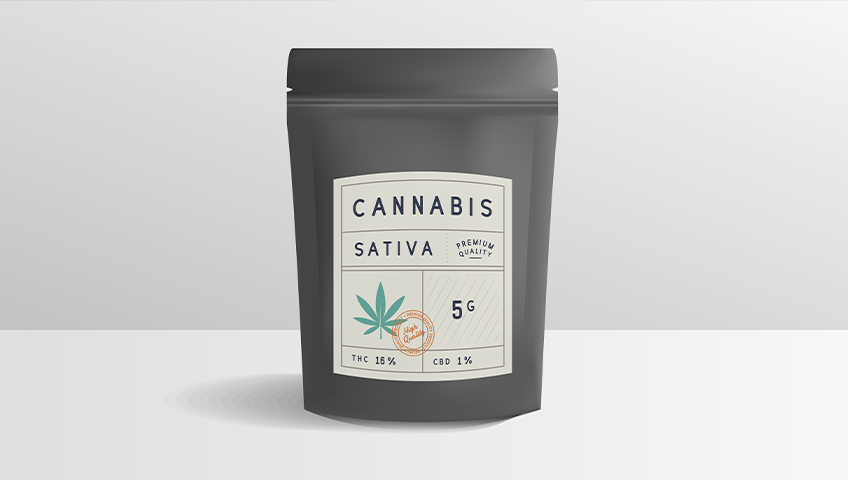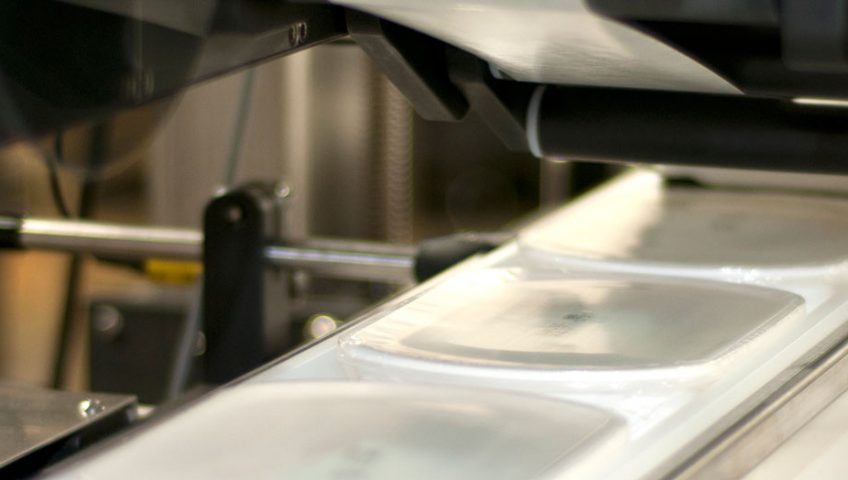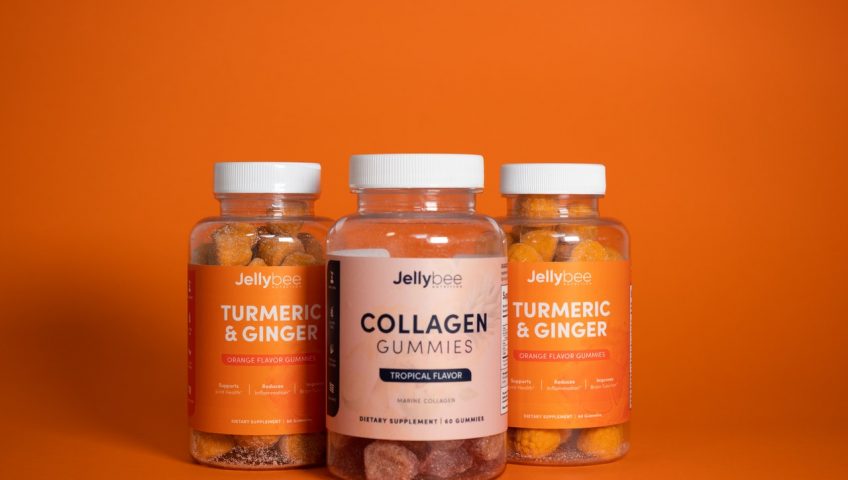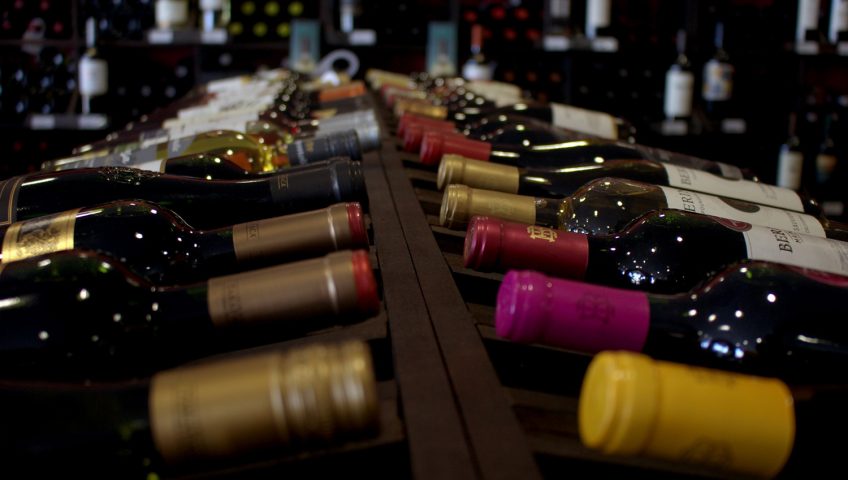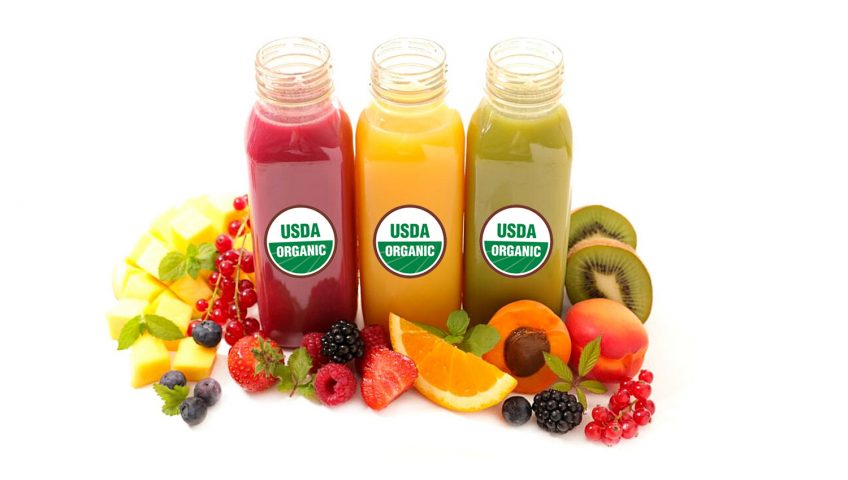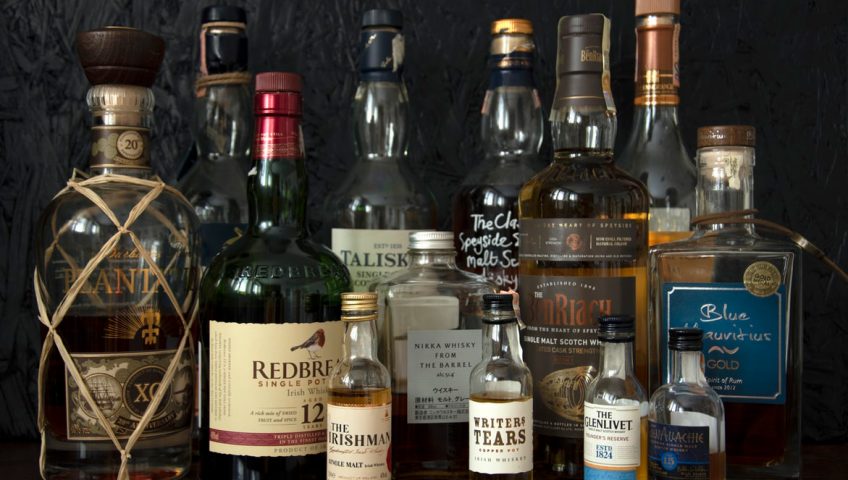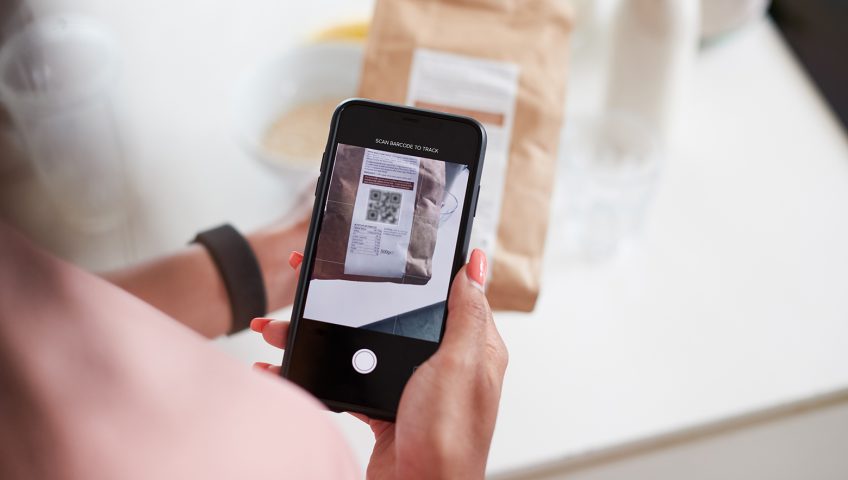
What Is Connected Packaging?
Connected packaging is being hailed as the next big thing in retail technology. What is this packaging, and what makes it so special? It bridges the gap between online and in-person experiences using barcodes, RFID tags and near-field communications. Done right, this improves the purchase experience while giving you access to new data about your customers. So, how can you implement it in your packaging?

